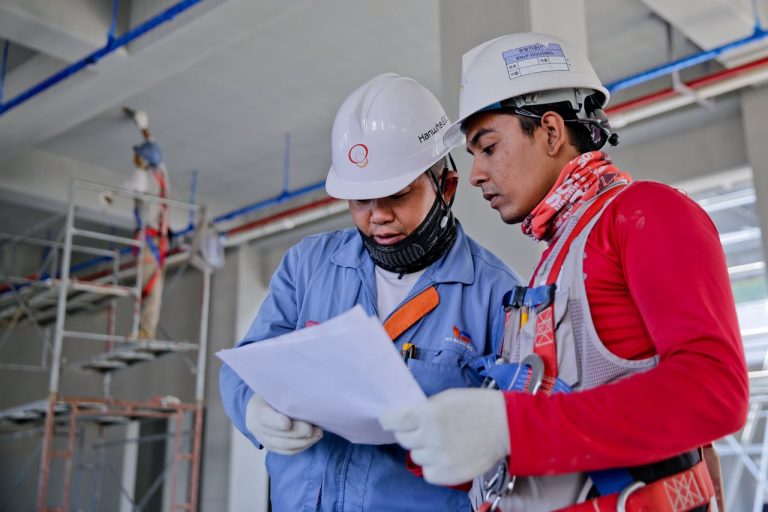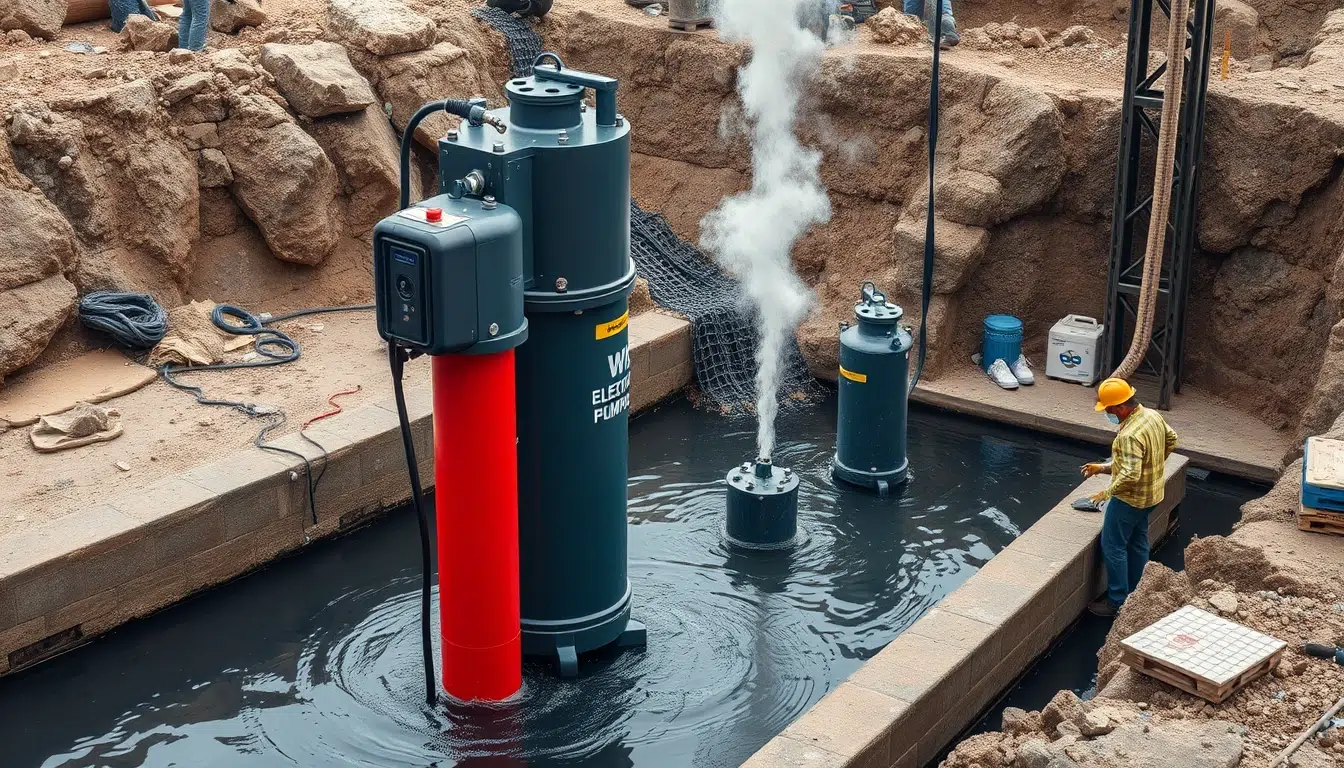Certification in Risk Based Inspection (RBI) Procedure and Methodology

| Date | Format | Duration | Fees (USD) | Register |
|---|---|---|---|---|
| 09 Nov - 17 Nov, 2025 | Live Online | 7 Days | $5075 | Register → |
| 15 Dec - 19 Dec, 2025 | Live Online | 5 Days | $3785 | Register → |
| Date | Venue | Duration | Fees (USD) | Register |
|---|---|---|---|---|
| 01 Dec - 05 Dec, 2025 | Munich | 5 Days | $6305 | Register → |
Did you know that effective Risk-Based Inspection implementation can significantly enhance operational safety and efficiency, with research showing that organisations implementing RBI methodologies can optimise resource allocation by focusing on equipment that poses the greatest risk to safety, the environment, and production?
Course Overview
The Certification in Risk Based Inspection (RBI) Procedure and Methodology by Alpha Learning Centre is meticulously designed to equip professionals with essential skills in risk assessment, damage mechanism analysis, and inspection planning strategies. This course focuses on how participants can effectively master RBI methodology implementation, develop comprehensive risk matrices, and create optimal inspection planning strategies to ensure asset integrity in high-risk industrial environments.
Why Select This Training Course?
Selecting this Risk Based Inspection (RBI) Certification offers numerous advantages for professionals involved in plant inspection, reliability engineering, and asset integrity management. Participants will gain advanced knowledge of probability assessment methodologies, consequence evaluation systems, and damage mechanism analysis. The course provides hands-on experience with interactive software simulations and real-world scenario analysis, enabling attendees to optimise their RBI implementation capabilities effectively.
For organisations, investing in this training enhances overall operational safety and ensures better allocation of inspection resources. Research indicates that implementing comprehensive RBI methodologies results in enhanced ability to focus resources on equipment that poses the greatest risk, creating a cost-effective inspection program that maximizes asset life.
For individuals who complete this course, there are significant career benefits. Studies show this training enhances professional profiles by providing expertise in advanced risk assessment skills, equipping individuals with techniques for developing risk matrices, evaluating consequences, and implementing probability assessments, enhancing their ability to make informed decisions about asset integrity.
Transform your risk assessment capabilities – Register now for this critical advanced training programme!
Who Should Attend?
This certification is suitable for:
- Plant inspection engineers
- Reliability engineers
- Asset integrity managers
- Maintenance supervisors
- Quality assurance specialists
- Process safety engineers
- Corrosion specialists
- Equipment reliability analysts
- NDT technicians
What are the Training Goals?
The aims of this course are to support attendees to:
- Master RBI methodology implementation
- Develop risk assessment matrices
- Execute damage mechanism analysis
- Create inspection planning strategies
- Implement probability assessments
- Design consequence evaluation methods
- Establish documentation protocols
- Optimise inspection intervals
How will this Training Course be Presented?
Prepare for an immersive journey into the world of Risk-Based Inspection! Our Certification in RBI Procedure and Methodology delivers a dynamic and engaging learning experience through cutting-edge methodologies. This course is designed to challenge your perspectives, enhance your analytical thinking, and equip you with the tools necessary to excel in today’s complex industrial environments.
The course will be delivered through:
- Interactive software simulations
- Case study workshops
- Practical calculations
- Real-world scenario analysis
- Laboratory demonstrations
- Field inspection exercises
- Technical documentation reviews
Each delivery method is carefully integrated to ensure participants gain both theoretical knowledge and practical experience. The course structure promotes active engagement and real-world application, allowing participants to develop crucial analytical and technical skills within a supportive learning environment.
Prepare to be challenged, inspired, and transformed. Join us for an unparalleled learning experience that will redefine your approach to Risk-Based Inspection!
Course Syllabus
Module 1: Probability Assessment Methodologies
- Failure mode analysis techniques
- Statistical distribution models
- Reliability data interpretation
- Probability calculation methods
- Bayesian analysis application
- Monte Carlo simulation
- Risk matrix development
Module 2: Consequence Evaluation Systems
- Economic impact assessment
- Environmental damage analysis
- Health impact quantification
- Safety consequence modelling
- Release rate calculations
- Dispersion modeling
- Risk level determination
Module 3: Damage Mechanism Analysis
- Corrosion rate assessment
- Fatigue analysis methods
- Creep evaluation techniques
- Erosion mechanism study
- Material degradation analysis
- Stress corrosion cracking
Module 4: Inspection Planning Strategies
- Inspection interval optimization
- Resource allocation methods
- Coverage optimization
- Equipment prioritization
- Effectiveness evaluation
Module 5: Risk Assessment Techniques
- Quantitative risk analysis
- Semi-quantitative methods
- Risk ranking procedures
- Uncertainty analysis
- Sensitivity studies
- Risk acceptance criteria
- Risk mitigation strategies
- Cost-benefit analysis
Module 6: Data Management Systems
- Database structure design
- Data quality assessment
- Information validation
- Trending analysis
- Historical data integration
- Software interface management
- Documentation protocols
Module 7: Inspection Effectiveness
- POD curve analysis
- Inspection technique selection
- Coverage assessment
- Reliability calculations
- Quality control measures
Module 8: Financial Impact Analysis
- Cost-risk optimization
- Budget allocation methods
- Resource optimization
- Life cycle cost analysis
- Investment prioritization
- Return calculation methods
- Risk-based budgeting
Module 9: Regulatory Compliance
- Standard Implementation
- Code requirements analysis
- Documentation systems
- Audit preparation methods
- Certification processes
- Compliance verification
Module 10: Equipment Criticality
- Ranking methodology
- Production impact assessment
- Safety system evaluation
- Environmental considerations
- Maintenance prioritization
Module 11: Inspection Program Development
- Scope definition methods
- Resource requirement analysis
- Timeline development
- Quality control measures
- Implementation strategies
- Performance metrics
- Program optimization
Module 12: Risk-Based Decision Making
- Decision tree analysis
- Multi-criteria decision making
- Uncertainty management
- Risk tolerance assessment
- Alternative evaluation
- Implementation planning
- Performance monitoring
Module 13: Corrosion Management
- Rate prediction models
- Protection system evaluation
- Monitoring techniques
- Material selection criteria
- Inhibitor effectiveness
- Treatment programs
Training Impact
The impact of Risk-Based Inspection training extends beyond immediate operational improvements to create long-term value for organisations. Research indicates that effective RBI implementation leads to numerous benefits including enhanced safety and reliability, ensuring that critical equipment and components are inspected and maintained at appropriate intervals, reducing the risk of equipment failure and associated safety incidents while enhancing equipment reliability and extending equipment life.
These improvements translate to the following tangible benefits:
- Enhanced safety performance through systematic risk assessment
- Improved resource allocation via optimised inspection planning
- Increased regulatory compliance through structured documentation
- Better decision-making through comprehensive risk analysis
By investing in this advanced training programme, organisations can expect to see:
- Significant improvement in inspection effectiveness across all levels
- Improved ability to handle complex risk assessment challenges
- Enhanced decision-making capabilities through systematic frameworks
- Increased competitiveness through optimised asset integrity strategies
Transform your career and organisational performance – Enrol now to master Risk-Based Inspection Procedure and Methodology!








